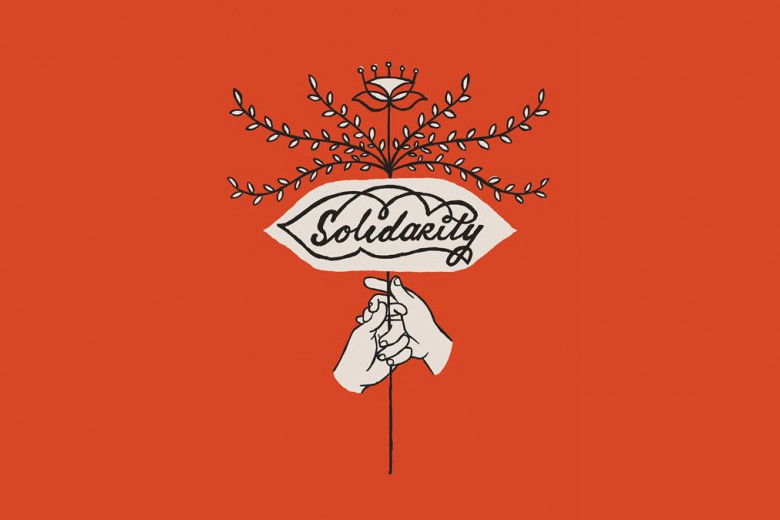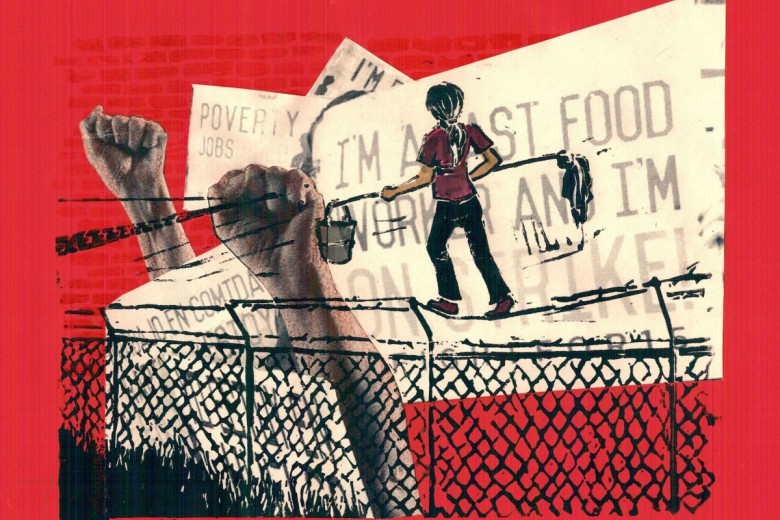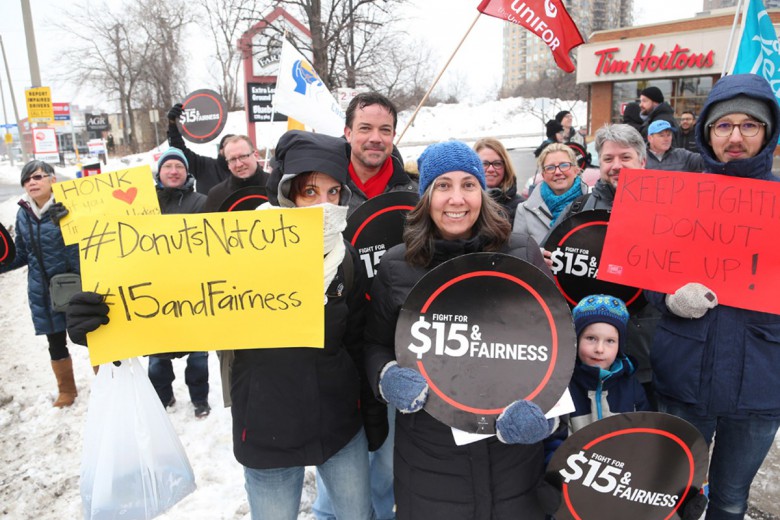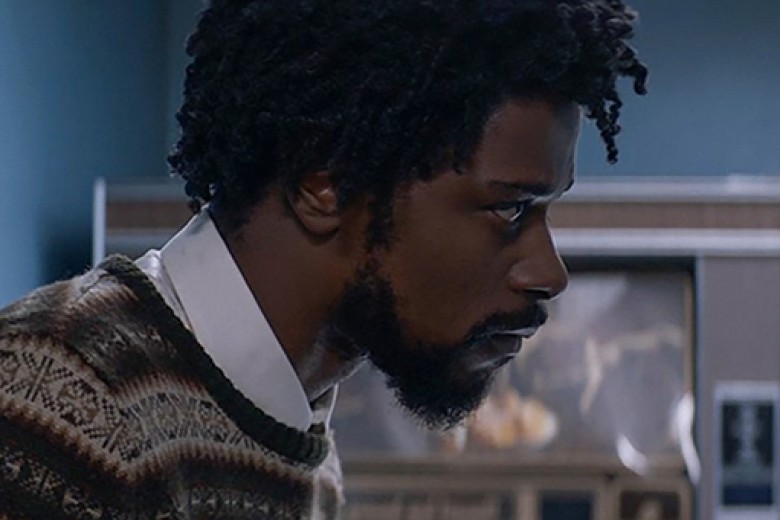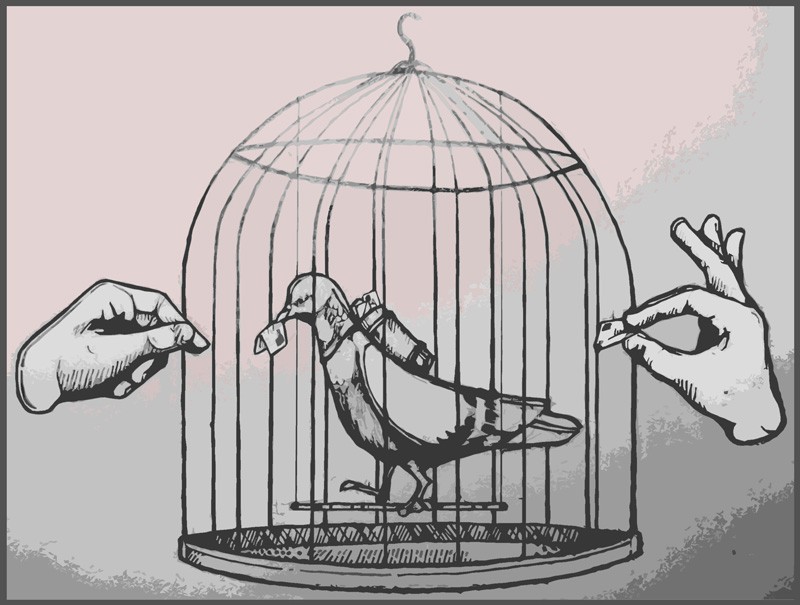
Canada Post is a public sector success story. As a steadily profitable state-owned enterprise, it provides postal service to communities across the country as well as roughly 54,000 jobs with mostly decent wages and benefits for workers. Its profits over the past 15 years have totalled almost $2 billion. Yet Canada Post, with the support of its friends in Parliament, proceeded this year to eviscerate the wages, benefits and pensions of postal workers, with changes amounting to an 18 per cent wage reduction for new hires, reduced job guarantees and weaker sick leave provisions, to name a few.
After two weeks of rotating strikes by postal workers in June, Canada Post locked out its workers and suspended mail delivery countrywide, prompting the federal government to introduce back-to-work legislation. Despite assurances by the labour minister that an experienced person with a labour relations background would be appointed to arbitrate, a retired judge with no known experience in the field was chosen. Questions to the minister about his experience have gone unanswered.
After hours of NDP filibustering, wages and other terms of the employment contract were imposed by an act of Parliament. While some locals passed resolutions to defy the legislation, in the end this was not the option postal workers chose. Governments have become clever, ensuring that defiance will no longer mean jail time (and there is no shortage of workers willing to defy under those conditions) but rather economic terror in the form of massive daily fines ranging from $1,000 per day for rank and file members to $100,000 per day for the union.
This downward spiral of workplace austerity and declining bargaining power is not limited to postal workers. Similar neoliberal austerity programs are being implemented with ideological fervour across Canada in response to the failures of global capitalism. The rights of workers to resist these measures by collective bargaining, or through tactics such as the strike, are under sustained attack. Collective bargaining has increasingly become a hollow shell, a theatre, a staged moment in which the rights of workers steadily deteriorate. This has placed trade unions in a reactive and survivalist mode of operating. Whether intentionally or otherwise, some have become comfortable with this mode of operation.
Postal workers (and most workers, for that matter) are in a bind. The rules have changed, but have we as a labour movement? For 65 years, the Rand formula has provided union structures and bureaucracies with a steady flow of revenue and recognition. It has also brought a kind of labour peace for bosses in which a narrow window of collective bargaining power for workers is permitted in return for management control of the work process. The notion of downing tools to settle a workplace dispute in the moment is mostly gone. Rank-and-file members no longer look to each other to deal with workplace harassment, but rather to legal advocates and meetings in offices far away from the source of the problem.
These rules were put in place not to benefit workers, but to confine and manage dissent and resistance. But now, even this process has been chipped away at so as to become almost meaningless. Perhaps it is time for us to revisit that post-war arrangement, just as bosses and politicians have. There are tough, and perhaps unpopular, questions that we must confront, and choices that we, as a movement, must make.
What lessons can be learned from the 2011 postal strike-turned-lockout in evaluating where we are as a movement?
A periodic opening
For workers, a strike is a traumatic affair. It’s also something of a roller-coaster ride. On the one hand, there are beautiful moments of community, defiance and celebration. But the bills remain, as do a host of other economic pressures.
Rank-and-file workers are at their most active when on strike. Those who never go to union meetings are hungry for more information. Members read bulletins, ask questions, show up on picket lines and engage in discussions. They demonstrate, and even join occupations.
Unions seem to miss this point, and continue to position themselves in the traditional, and largely outdated, striker-scab framework. While workers are on the lookout for non-existent scabs (now called “replacement workers” in some labour circles), how might these periodic and emotional openings be used to increase member participation, analysis and militancy? What space is available for discussion among membership during this crucial time? Isn’t what happens after the strike equally or more important as what happened before and during the strike?
Strikes provide us with rare opportunities to build new models and more empowering practices in which people are meaningfully engaged, and where the labour movement can move beyond reproducing its defensive practices and its position as a victim of neoliberalism. The strike is not an end that we work toward, but another beginning. Harvesting the rare collective empowerment of such moments has to be a priority. What discussions can happen with rank-and-file members after the strike that do not limit us to placing our hopes in the judicial and parliamentary process?
Directly following the end of a strike there is a window of opportunity to hold these deeper and more critical discussions, to talk about the trauma, the uncertainty, the high moments and, most importantly, how we move forward. If we are to exercise our collective power over the long haul, we must ask tougher questions of ourselves and our practices while creating new spaces of engagement.
The Canadian Union of Postal Workers (CUPW) developed a discussion module for rank-and-file members for this purpose. Only two locals out of more than 200 tried to use it. Why would they? Our practice and history has been mostly to react. Once the terms of back-to-work legislation or a negotiated settlement have been declared, we go back to work, file grievances, complain, and wait until the next big fight. And so the cycle continues.
Rather than meaningfully evaluating where we are at as a movement, we become victims, complaining again and again about what they are doing to us. Being a victim is very righteous; it absolves us of any responsibility and reduces the debate to one of bad guys and good guys. But does our self-victimization and our faith in parliamentary and judicial processes not ultimately serve to reproduce our own obedience? How can we act as proactive agents, defining and articulating our own demands, strategies and tactics, rather than retreating to reactive and survivalist politics?
From isolated victims to collective actors
What might have happened if the modules designed by CUPW were used to provide space for these discussions to take place? And what might happen to the broader labour movement should our stifling structures and practices open up? Experiences in both Winnipeg and Edmonton indicate that when the calls were made, even at the last minute, postal workers showed up. In Winnipeg I attended a series of discussions where over 100 rank-and-file workers, some with less than one day’s notice, showed up for assemblies. Many had never been to a union meeting. They were caught up in the emotion of the moment, which was not about facts and details or talking heads but about their experiences, critiques and questions. It was a space for them to talk, and not just listen, to a union leader.
Spaces such as these exist outside the domain of the local membership meeting and its hierarchical processes, expressions of power and internal bickering. Members of the union – the critical and the not-so-critical, including those who feel out of the loop, angry, or fearful about union meetings – can come together in a circle as a class of equals, where every word matters and differences of opinion are not silenced. These moments for open discussion are too few, but critical if we are going to grow a movement capable of fighting back.
In Edmonton, several hundred members attended a mass session in which they forced a resolution from the floor calling for defiance of back-to-work legislation through a general strike, and refusal to submit to the forced arbitration process. In other words, postal workers were willing to accept fines to raise the offensive. This is not insignificant. How could traditional labour serve to accelerate resistance and fearlessness such as this, rather than managing or avoiding it? Or do we believe the status quo actually works for us?
And what might have happened had community supporters – those who showed so much support and solidarity to postal workers – also been invited to these sessions? How could these moments have been used to broaden our base of support, and to support others in the community?
In some locals, members did not just remain on the picket lines but went door to door. They asked people to put up signs of support. Halifax was awash in CUPW support signs in windows and on lawns. Even mailboxes were decorated with public messages of support. It happened because union members used this moment to make direct contact with people in small businesses and communities. They chose not to strike in isolation from the larger community. They realized that face-to-face engagement can undo much of what the corporate media and ingrained myths deny us.
According to sociologist Heidi Rimke, “the left appears unable to understand the workings of power; it is a force relation rather than something that can be possessed or assigned, such as social status or class position. Power is not an object or something one holds, but something one does. Exercising individual and collective agency expresses power in multiple forms. The social relations of community are not based on sitting inside homes in physical isolation from one another, but rather talking to one another on the streets and anywhere that provides an opportunity to interact face-to-face.”
At times such as strikes, the need for support and solidarity from the community is clear. But what are we doing to foster these relationships in between moments of crisis? And what is the labour movement, in turn, doing to support the communities that we are all part of?
Why do we not have a labour movement that stands with G20 prisoners, rounded up and brutalized in what has now become a rote activity of police repression at summits everywhere? Why do we celebrate the culture of Aboriginal peoples, the drumming and the ceremonies, but not their militant struggles? And when we talk of “green jobs,” what are we saying to small farmers around the world who see our environmental problem as a systemic destruction that cannot be recovered through greenwashing, or by maintaining economic hegemony in rich countries? Why are we fearful of having such discussions?
Rather than permitting ourselves to be categorized and divided, maybe it’s time for us to re-examine the notion of sectoral bargaining in isolation from other unions, and from non-unionized workers. Why should unions act as sectors rather than as a class? Union local meetings are an important place to do union business, but this should not be our only venue. What would alternative forms of organizing, such as workplace and community assemblies, look like?
We have seen too many rallies and demonstrations through the years where the protesters and passers-by are in two separate worlds – the general public looking apathetic to protesters and protesters looking like some kind of cult to the passing public. Engagement in these moments is critical, something postal workers know very well. When we fight, we must fight for the community too. We can’t allow these to be separate or unrelated struggles.
With heads up high
At the Canadian Labour Congress (CLC) convention in May 2011, there were dismally few hours of debate, accompanied by an uncomfortable air of conformity, fear, theatre, spectacle and self-censorship in the room. Incidentally, this was, according to CLC president Ken Georgetti, “one of the best CLC conventions ever.” Contrary to the staged assemblies of labour aristocracy as the vanguard of worker aspirations, 21st-century unionism will require something more organic, where communities and people will no longer be organized in segregated units and sectors in competition and isolation. It will refuse to reproduce the same systems of division and denial that CEOs use to rob us. It will no longer pretend things can remain as they have been, or that a social democratic government could resolve our problems in a global economy.
In this economic roller coaster – one that only goes down for most of us – we must ask ourselves the question: do we wish to live in a society where we are jackals picking over the scraps? Or can our reactive culture, expectations and rhetoric be transformed into something more permanent and reflective of a larger movement? And can all of us, as national president Denis Lemelin said of CUPW members, “hold our heads up high”?


